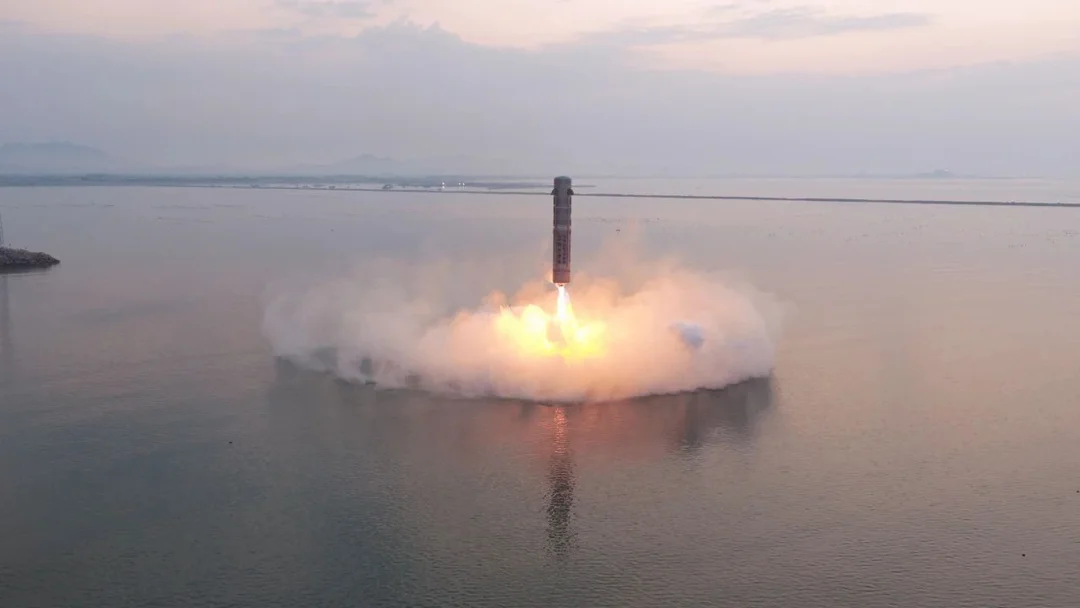
China’s Space Race Heats Up: Astronstone and Sepoch Challenge SpaceX with Reusable Rocket Tech
China's commercial space sector is experiencing a surge of innovation, with companies like Astronstone and Sepoch making significant strides in reusable rocket technology. These developments signal a growing ambition to rival SpaceX and establish China as a dominant player in the global space race.
Astronstone, a relatively new startup established in mid-2024, recently secured $13.9 million in funding to develop its AS-1 rocket. This stainless steel, methane-liquid oxygen reusable launch vehicle is explicitly modeled after SpaceX's Starship system, even incorporating a "chopsticks" system for first stage recovery. Astronstone's CEO, Tang Wen, a veteran of China's state-owned space contractor CASC, recognizes the challenges ahead, focusing on landing precision, synchronized recovery arm movement, and robust structural design.

Meanwhile, Sepoch achieved a major milestone by successfully completing China's first sea-based vertical landing of a reusable rocket powered by liquid methane. The test flight of the Yuanxingzhe-1 (Hiker-1) rocket, conducted from the Haiyang Oriental Aerospace Port, lasted 125 seconds and reached an altitude of 2.5 kilometers before a controlled splashdown. Sepoch's accomplishment is hailed as a "major breakthrough" in reusable launch vehicle development, integrating liquid oxygen-methane propulsion, stainless steel construction, and offshore soft landing recovery.

Sylwia Monika Gorska, a space security scholar at the University of Central Lancashire, emphasizes the strategic importance of these advances. She notes that while China may not yet be recovering orbital-class boosters like SpaceX's Falcon 9, these early steps are strategically significant because "they expand China’s launch flexibility, reduce per-mission costs, and build technological capacity that supports both commercial and national space objectives."
These advancements coincide with mixed results for SpaceX, whose ninth Starship demo mission ended in failure. While Elon Musk hailed the test as an improvement, the incident highlights the significant technical hurdles even the most advanced players still face. This contrast underscores China's growing capabilities and ambitions in the reusable rocket technology arena.
The competition is intensifying, with other Chinese companies like LandSpace and Galactic Energy also advancing reusable technologies. LandSpace, for instance, was the first to launch a methane-fueled rocket in China. The combined efforts of these private firms, supported by a national strategy to boost innovation, are rapidly reshaping China's position in the global space sector.
China's commercial space companies are not merely aiming for basic payload delivery. They're striving for technological autonomy and improved access to space. Reusable launch capabilities, combined with government support and private sector dynamism, suggest that China's vision of becoming a dominant player in reusable rocket systems is increasingly within reach.
What are the long-term implications of China's growing presence in the commercial space sector? How will it affect the global space race and the future of space exploration? Share your thoughts and predictions in the comments below.